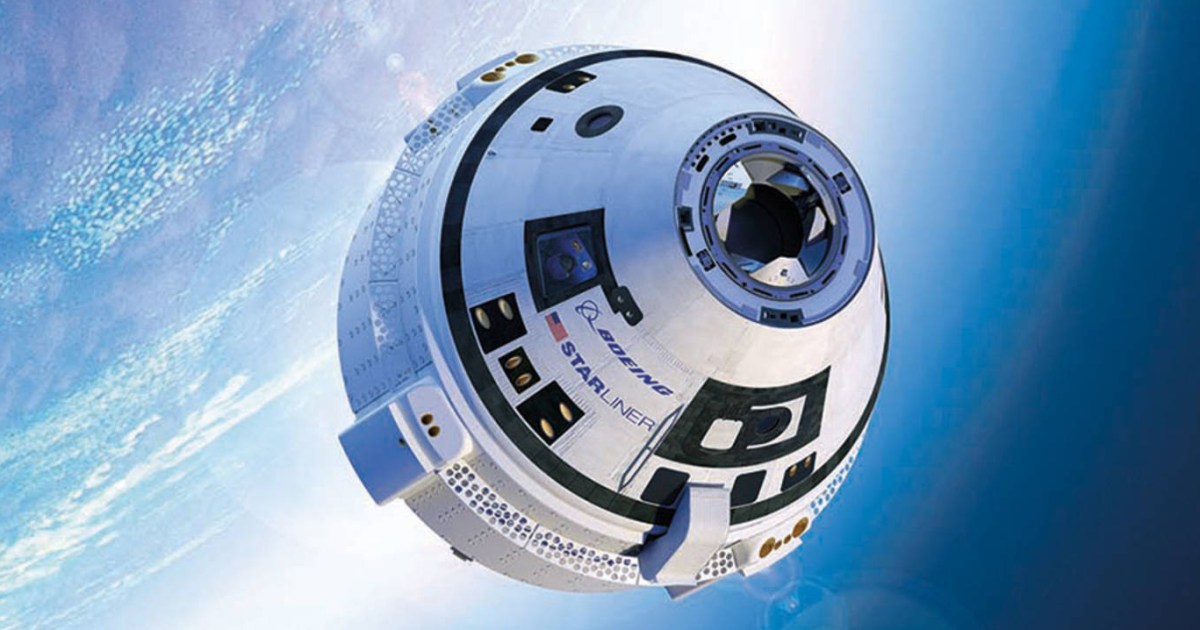It’s been a tough time for the team behind Boeing Space’s Starliner as it seeks to send the spacecraft on its first crewed flight.
Development of the spacecraft has been delayed multiple over times over the years due to a slew of technical issues, but earlier this year NASA and Boeing insisted the vehicle was ready to carry its first crew to orbit.
The first launch effort from the Kennedy Space Center in Florida was targeted for May 6 and preparations looked to be going smoothly. But just two hours from liftoff for a flight destined for the International Space Station (ISS), and with NASA astronauts Butch Wilmore and Suni Williams strapped into their seats inside the spacecraft, a problem occurred that forced the countdown clock to be halted.
That time it was a valve issue on ULA’s Atlas V rocket rather than an anomaly with the Starliner, but while the rocket was being repaired, a helium leak was found on Boeing’s spacecraft, which meant more work needed to be done before a new launch date could be set.
Another attempt to launch the Starliner took place at the start of this month. But with a mere 3 minutes and 50 seconds left on the countdown clock, mission controllers scrubbed the launch effort after an issue with the ground system surfaced.
Now the team says it’s ready to go again, on Wednesday, June 5.
ULA president and CEO Tory Bruno said in a post on social media on Tuesday that the weather conditions for the 10:52 a.m. ET launch are looking good, meaning that barring any last-minute problem with the astronauts, it’s only another technical issue that can prevent the Atlas V and Starliner from heading to orbit on Wednesday.
Assuming that the rocket finally gets to fly this week, people across large parts of Florida could see the Atlas V and Starliner roaring to space. Bruno shared a map showing the viewing possibilities from different parts of the state.
For your viewing pleasure, we’ll be heading up the coast for a 51.62 deg inclination. (Sunni and Butch – your ULA Uber driver, Mighty Atlas, is standing by) pic.twitter.com/l3cS5GjoZX
— Tory Bruno (@torybruno) June 1, 2024
Alternatively, you can watch the buildup to the mission and the launch via a live stream provided by NASA on multiple platforms.
The mission will see the Starliner dock with the International Space Station before returning about a week later for a parachute-assisted landing in New Mexico.
A flawless flight will pave the way for scheduled astronaut flights to and from the ISS, and provide NASA with a spacecraft other than SpaceX’s Crew Dragon for the space station orbit flights.
Editors’ Recommendations


